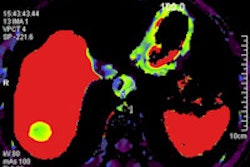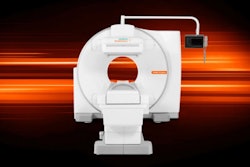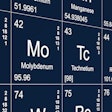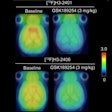Dear Molecular Imaging Insider,
This edition of the Insider offers the first article of a two-part report on employment prospects for nuclear medicine residents. A survey published in the Journal of the American College of Radiology found, as one might expect, that the job market is still weak, and options for some residents may be limited if they have trouble reading the CT component of hybrid molecular imaging scans.
In the survey responses, nuclear medicine residents expressed concerns about their preparedness for employment and acknowledged their limitations in CT. Fewer than half of the respondents thought they were ready to independently interpret CT for all pathology.
Read more about the survey in our Insider Exclusive, and watch for our second article, which will present the experiences of two nuclear medicine residents.
In other news, we're featuring a study from Turkey that investigated whether CT perfusion could be used instead of PET/CT to evaluate esophageal cancers with small tumor diameters. Click here to learn more.
In addition, researchers from Egypt studied patient satisfaction at a nuclear medicine department and found that patients were satisfied with the department's infrastructure, but they didn't like wait times and how they were informed of their procedures. The group recommended that quality improvement emphasize the accuracy and efficiency of patient care, patient and staff safety, and the patient's experience during care.
The National Oncologic PET Registry (NOPR) is winding down, but NOPR is still releasing data on the efficacy of PET. Its latest report found that PET with sodium fluoride changed treatment in more than half of men with prostate cancer and could prove to be a better tool than bone scintigraphy.
Finally, new studies continue to provide more information on PET imaging with florbetapir. U.S. researchers found that individuals who tested positive for beta amyloid on florbetapir-PET brain scans were more likely to decline cognitively over a three-year period than those with a negative scan. In addition, 14% of subjects who were deemed cognitively normal at the start of the study tested positive for beta-amyloid deposits and showed some decline in cognitive abilities.
Be sure to stay in touch with the Molecular Imaging Digital Community on a daily basis for the latest news and research.




















